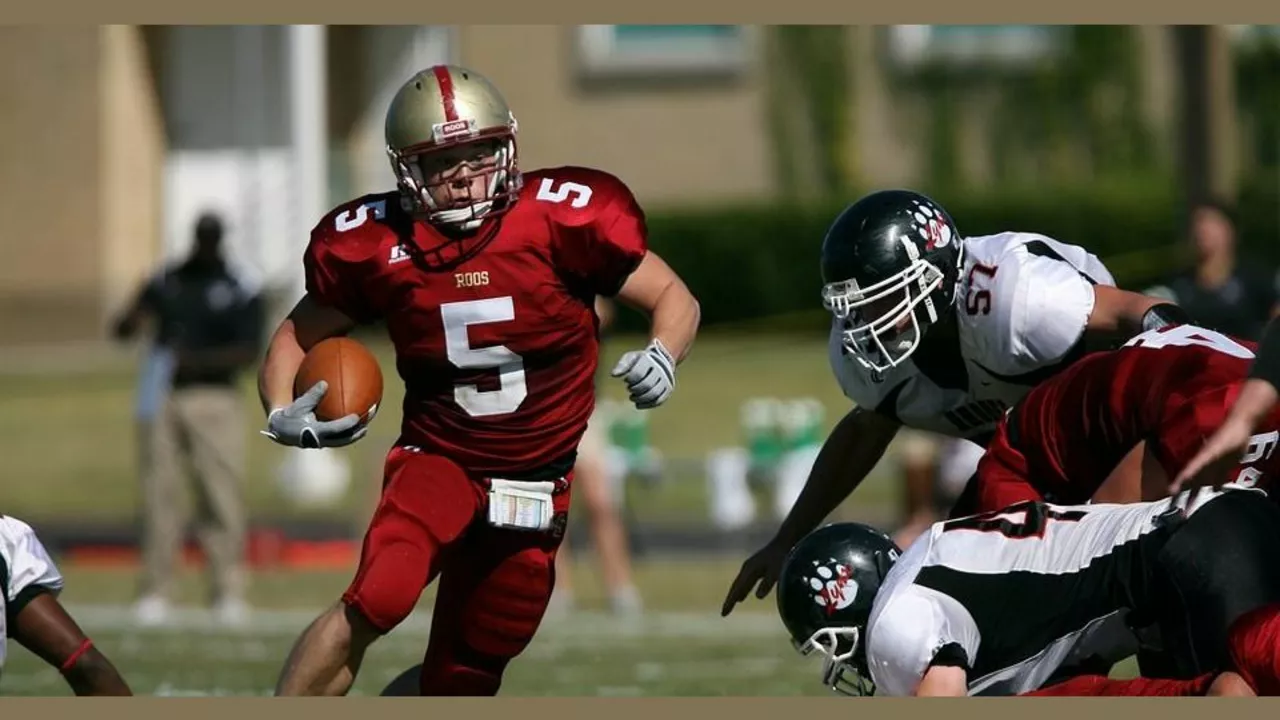In my opinion, it's not disrespectful to say 'football' instead of 'soccer' in America. The term 'football' is used globally, and it's only in the US where it's predominantly referred to as 'soccer'. While this might cause some confusion, it doesn't really amount to disrespect. It's more about cultural differences and language nuances. Ultimately, respect is about understanding and accepting these differences, not getting caught up in terminologies.
Disrespectful Football Moments – Why They Matter and What You Can Do
Ever watched a match where a player mutters at the referee or a fan shouts a nasty comment? Those moments feel tense, and they tell us a lot about the health of the sport. Disrespect isn’t just rude; it can change a game’s vibe, affect player confidence, and even spark bigger controversies. In this guide we break down the most common disrespectful behaviors, why they hurt the game, and practical steps to keep football fun for everyone.
Why Disrespect Hurts the Game
First off, disrespect breaks the trust that makes football enjoyable. When a player argues harshly with a referee, the officials can feel pressured and make rushed decisions. That leads to unfair calls and a loss of credibility for the whole league. Fans also feel the impact. A chant that targets a player’s race, gender, or personal life can quickly turn a lively stadium into a hostile environment, driving casual viewers away.
Second, disrespect spreads quickly on social media. A single angry post can go viral, painting an entire team or league as unprofessional. Sponsors notice, and they may pull funding, which hurts clubs financially. The ripple effect reaches youth academies too—young players see their idols behaving poorly and might think it’s acceptable to copy that attitude.
How to Handle Disrespect on the Pitch
For players, the easiest fix is staying calm. If a referee makes a questionable call, a quick, polite “Are you sure?” can defuse tension better than a shouting match. Many top clubs run workshops on emotional control, teaching players to channel frustration into higher performance rather than arguments.
Fans have a big role too. If you hear a disrespectful chant, speak up or report it to stadium staff. Most venues have zero‑tolerance policies and will intervene. Wearing a shirt with a positive message—like “Respect the Game”—can also set a tone that discourages negativity.
Officials can use technology to limit confrontations. Video Assistant Referee (VAR) helps clear up doubts, which reduces the chance of players feeling cheated. Clear, consistent penalties for abuse—whether it’s a yellow card for dissent or a stadium ban for fans—show that disrespect won’t be tolerated.
Finally, clubs should lead by example. Public statements condemning disrespect, community events promoting sportsmanship, and rewarding players who model good behavior create a culture where respect is the norm, not the exception.
Bottom line: Disrespectful moments are more than a few harsh words; they ripple through the whole football ecosystem. By staying calm on the field, speaking up in the stands, and supporting clubs that champion respect, we can keep the beautiful game exciting and fair for everyone.
